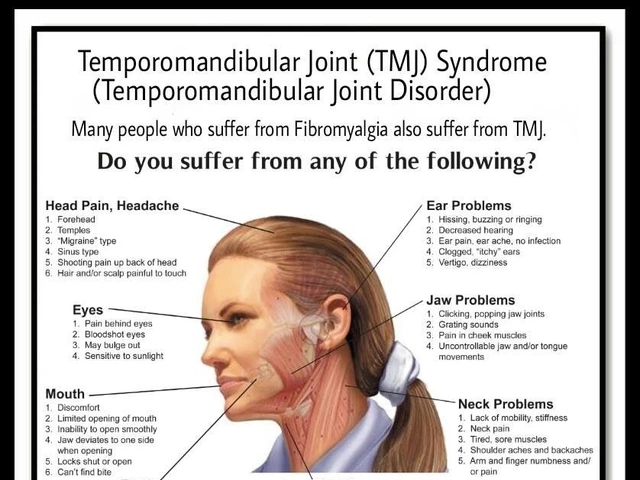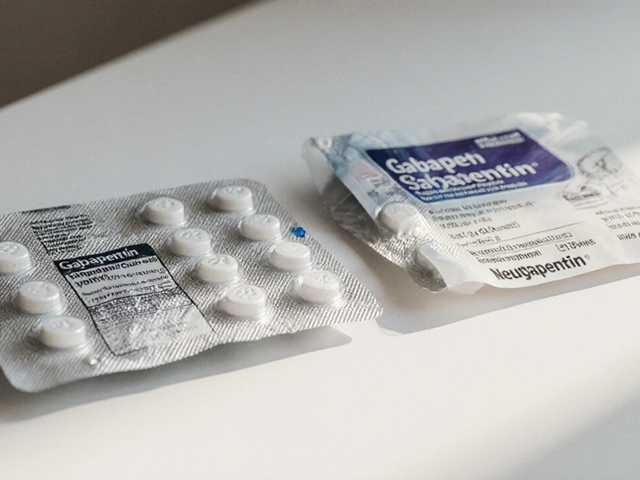Acne Medication: How to Pick What Works for You
If you’re fed up with stubborn breakouts, the first thing to know is that not every acne medication fits all skin types. Some people swear by a topical gel, while others need an oral pill to keep hormones in check. Below we’ll walk through the main categories, what they actually do, and simple steps to get the best results without nasty side effects.
Topical vs. Oral – When to Use Which
Topicals are creams, gels, or washes you apply directly on the spot. They usually contain benzoyl peroxide, salicylic acid, retinoids, or antibiotics. Benzoyl peroxide kills bacteria fast and dries out excess oil, making it great for mild to moderate pimples. Salicylic acid unclogs pores, so it’s perfect if you have blackheads and whiteheads.
Oral meds work from the inside out. They’re prescribed when topicals aren’t enough. Common oral options include antibiotics like doxycycline, hormonal pills for women, and isotretinoin (Accutane) for severe cystic acne. Oral treatments can reduce inflammation across larger areas, but they need monitoring for liver health or birth control.
How to Choose the Right Acne Medication
Start by rating your breakout severity:
- Mild – a few spots on the chin or forehead. Try an OTC benzoyl peroxide 2.5% gel.
- Moderate – frequent papules and occasional cysts. A retinoid cream (like adapalene) plus a gentle cleanser works well.
- Severe – painful nodules or widespread acne. Talk to a dermatologist about oral antibiotics or isotretinoin.
Don’t forget your skin type. Oily skin tolerates stronger formulas, while dry or sensitive skin benefits from lower concentrations and moisturizers with ceramides.
Another practical tip: introduce one new product at a time. This way you can spot any irritation early without mixing multiple ingredients that might cancel each other out.
Side Effects to Watch For
Even the best acne medication can cause side effects. Topicals may cause redness, peeling, or a temporary burning feeling—usually fades after a week of use. If you notice severe itching or swelling, stop and switch to a gentler formula.
Oral meds carry heavier risks. Antibiotics can upset gut bacteria, leading to stomach cramps. Hormonal pills may cause breast tenderness or mood swings. Isotretinoin demands strict birth control for women and regular blood tests because it can affect liver enzymes and triglycerides.
The key is communication: keep your doctor posted on any new symptoms so they can adjust dosage or change the prescription.
Practical Routine Tips
1. Cleanse twice daily with a mild, sulfate‑free wash. Over‑scrubbing strips skin of natural oils and worsens inflammation.
2. Apply medication on damp skin. Moisture helps the product absorb better.
3. Moisturize after treatment. Look for non‑comedogenic creams that won’t clog pores.
4. Sun protection is a must, especially with retinoids or antibiotics that increase photosensitivity. Use SPF 30+ daily.
5. Be patient. Most acne meds need 4–8 weeks to show noticeable improvement. Stopping early often leads to rebound breakouts.
Finally, remember that lifestyle matters too. A balanced diet low in sugary drinks, enough sleep, and stress‑management can boost any medication’s effectiveness.











